Last night, we went to the lovely St. George’s Church in Kemptown for a conversation between Matt Haig and Caroline Lucas. It was, as you can imagine, fascinating, and a lot to take in!
Matt Haig is a bestselling author of books both nonfiction and fiction, for both children and adults. His most recent book ‘Notes on a Nervous Planet’ is an honest look at how modern personal anxieties are tied into the state of the world we live in.
Caroline Lucas is the MP for Brighton Pavilion, and, in Matt Haig’s words, “the only sane one in Parliament”. She’s worked hard for years to fight for equality, intersectionality, and positive progression throughout the country.
Mental Health and the Environment
The pair mostly discussed the links between mental health and the world around us.
One aspect of this is the consumer economy we are in. This economy depends on our unhappiness; it feeds on our every insecurity in order to make us feel like we need to have new things to feel better. It simultaneously overwhelms us with unrealistic images of ‘perfect bodies’ which are digitally mastered, and asks us why we don’t look like that ourselves. There is a disparity between social media, advertising, and real life, which is easy to forget when it is so pervasive. There is a scary concept emerging that we are all identified as consumers, of advertising, of products, of ideas. We are defined not by what we produce or provide, but by what we absorb. It is, in short, a consumer economy which consumes us.
They also talked about how important it is for individuals to have access to nature in order to switch off, which in turn can help us reprioritise. One of these priorities is keeping this nature around. Our mental health is tied into the health of our society as a whole; it affects how welcoming we are to those going through hardships, how much we embrace and celebrate diversity, and how much we look after our environment. So, in a way, mental health is tied directly into the health of our planet, which in turn is tied into how healthy we all are. It’s the circle of life!
It often feels as though mental health and the environment are both shoved to the sidelines in government, as if they are boxes to tick, just for politicians to get brownie points. However, it’s becoming clearer and clearer that these topics must move to the forefront going forward; there is no point worrying about the economy if there is no planet to have an economy on. When it comes to this climate crisis, there is such a thing as being too late.
But it’s not all doom and gloom! The last two years have seen public action on an amazing scale, with Climate Marches, Greta Thunberg’s Youth Climate Strikes, and Extinction Rebellion making regular stands against international governments. Furthermore, society is becoming much more aware of the intricacies of mental health, and how important it is to look after it. This is evident even in the fact that Matt Haig’s memoir of his mental breakdown, ‘Reasons to Stay Alive’, became an international bestseller in 2016.
So What Can We Do?
The first step is probably to accept the reality of our mental health, and of our planet. This acceptance can almost be a relief. There is an empowerment to this process of acceptance, because it encourages you to snap out of the paralysis of overwhelming anxiety, and helps you to act, and to react. You begin making active decisions, such as walking to work, or trying your best to shop locally and plastic free.
There seems to be a common belief that in order to improve the planet we have to ‘make sacrifices’, like ‘cutting out meat’ and ‘not using plastic anymore’. However, as Caroline and Matt observed, perhaps we should reframe this perspective. We could, instead, consider that sacrifices are already being made, on a much larger, and much more inhibiting scale. We live in a society which normalises the sacrifice of environmental health in order to import meat, for example. We live in a society which created plastic packaging for everything possible, when quite often other, more suitable materials are available.
We don’t have to make changes like becoming vegan overnight. It’s about recognising what we are each capable of and are comfortable with, both mentally and financially. It’s about adjusting our subjective world views. Perhaps we could try for a week a month to be veggie, or even vegan! Try new recipes, embrace the delicious flavours available to you, rather than commiserating that you’re ‘missing meat’! Buy a keep cup, take bags with you when you go shopping, recycle any packaging you do have, support local businesses which are trying their best to reduce waste, buy fairtrade clothes, use public transport, walk and cycle where you can, volunteer for organisations raising awareness or making changes. Do what works for you, just try to do something.
And hey, if you have a garden, you could always plant a few trees. This has been suggested as the most effective measures against carbon emissions. Imagine how wonderful it would be to leave a legacy of roots and leaves behind; a free climbing frame or spot of shade for generations to come!
It feels as though we are at a tipping point in time. The last couple of years especially has seen a huge rise in awareness of mental health issues, and environmental issues, and how the two are combined. We can, and must, keep that momentum going.



